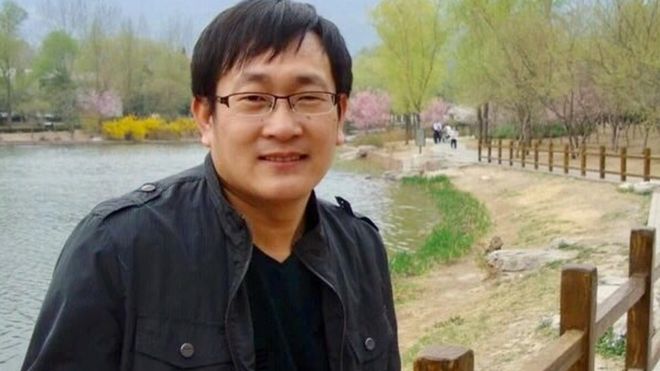See original article here:
Summary:
President Trump's advisor, Jared Kushner, finally met with the Saudi king and crown prince since the murder of Jamal Khasoggi back in October 2018. For this meeting Kushner's intentions were to explain his plan for peace between Israel and Palestine. Although it is said that Prince Muhammed ordered the killing of Jamal Khasoggi, Kushner and Prince Muhammad still have a strong relationship. At the meeting Kushner was there to ask Saudi Arabia for support with the administration peace plan. The Trump administration states that Saudi Arabia is an important ally and that it helps boost America's economy.

However, Kushner describes his plan as "very detailed, very in depth" and believes that it would "allow people to put the conflicts of the past behind them and to move forward and look forward to a really prosperous and exciting future." Analysts state that the plan involves investing $25 billion dollars in the West Bank and Gaza as well as tens of billion dollars in the region.
Reaction:
After reading the articles I think Kushner has the right idea about ending the strained tension between Israel and Palestine. However, the fact that the Trump administration and Kushner have stood by Prince Mohammed after he ordered the killing of Khashoggi has me a bit questionable about Kushner's actual intentions. In my opinion standing by a man who was behind a murder does not seem like the right approach to achieve a goal. But I do believe that the strained relation between Israel and Palestine does need to end because it has been going on for many years. I understand that finding an agreement that will suit both countries is very hard but if Kushner has a plan, both sides should try and listen to him. I think that the faster an agreement can be established the less tension there will be between countries.
Connection:
After a hundred years of off and on fighting, Israel and Palestine are still not at peace. Both countries have been fighting over the Gaza for decades which is known as the Arab-Israeli conflict. Because of this, the US is stepping in and is trying to find a way to end the tension between these two countries by creating a administration peace plan. There have been many attempts to try and end the fight between Israel and Palestine such as the UN Security Council Resolution 242 in 1967, Camp David Accords in 1978, Washington in 2010, etc. Both countries claim East Jerusalem as theirs which is the cause of this conflict. As we are learning about the Ara-Israeli Conflict in class right now, the meeting between Kushner and Mohammed Bin Salman just recently happened and they are trying to find a solution to end this fight.
Questions:
1. Should the US still have a close relationship with the Saudi crown prince even though he ordered the killing of Khashoggi?
2. Was the meeting between Kushner and Muhammad bin Salman affective? Will it change the relationship between the countries?
3. Do you think the Saudis will support the administration peace plan why or why not? If so what do you think the peace plan would look like?
Additional sources
source 1
source 2

Prince Mohammed Bin Salman next to Jared Kushner and Ivanka Trump back in 2017
During the meeting it is said that Kushner, King Salman, and Prince Mohammed discussed peace efforts and American-Saudi cooperation with plans to improve conditions in the regions by investments. King Salman declared that his country "permanently stands by Palestine and it's people's right to an independent state with East Jerusalem as its capital." East Jerusalem is the main conflict between Israel and Palestine and for now Kushner does not know how his plan can solve this situation.
Kushner and Saudi Prince at the meeting
Reaction:
After reading the articles I think Kushner has the right idea about ending the strained tension between Israel and Palestine. However, the fact that the Trump administration and Kushner have stood by Prince Mohammed after he ordered the killing of Khashoggi has me a bit questionable about Kushner's actual intentions. In my opinion standing by a man who was behind a murder does not seem like the right approach to achieve a goal. But I do believe that the strained relation between Israel and Palestine does need to end because it has been going on for many years. I understand that finding an agreement that will suit both countries is very hard but if Kushner has a plan, both sides should try and listen to him. I think that the faster an agreement can be established the less tension there will be between countries.
Connection:
After a hundred years of off and on fighting, Israel and Palestine are still not at peace. Both countries have been fighting over the Gaza for decades which is known as the Arab-Israeli conflict. Because of this, the US is stepping in and is trying to find a way to end the tension between these two countries by creating a administration peace plan. There have been many attempts to try and end the fight between Israel and Palestine such as the UN Security Council Resolution 242 in 1967, Camp David Accords in 1978, Washington in 2010, etc. Both countries claim East Jerusalem as theirs which is the cause of this conflict. As we are learning about the Ara-Israeli Conflict in class right now, the meeting between Kushner and Mohammed Bin Salman just recently happened and they are trying to find a solution to end this fight.
Questions:
1. Should the US still have a close relationship with the Saudi crown prince even though he ordered the killing of Khashoggi?
2. Was the meeting between Kushner and Muhammad bin Salman affective? Will it change the relationship between the countries?
3. Do you think the Saudis will support the administration peace plan why or why not? If so what do you think the peace plan would look like?
Additional sources
source 1
source 2
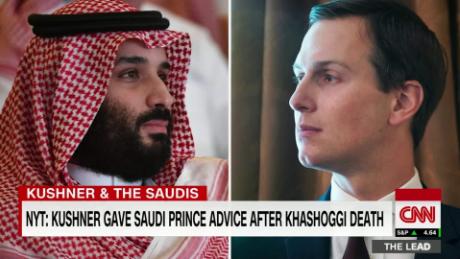

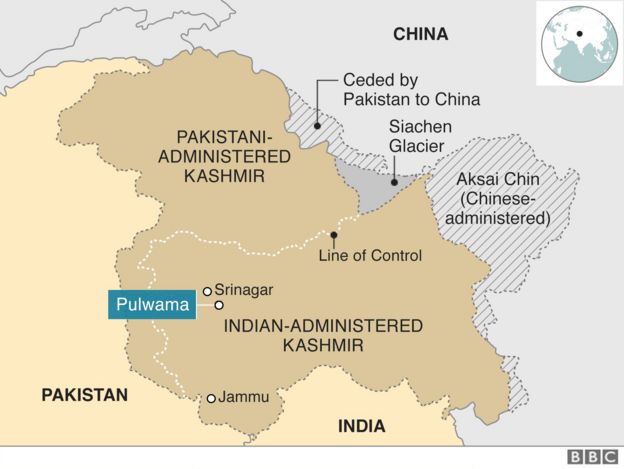



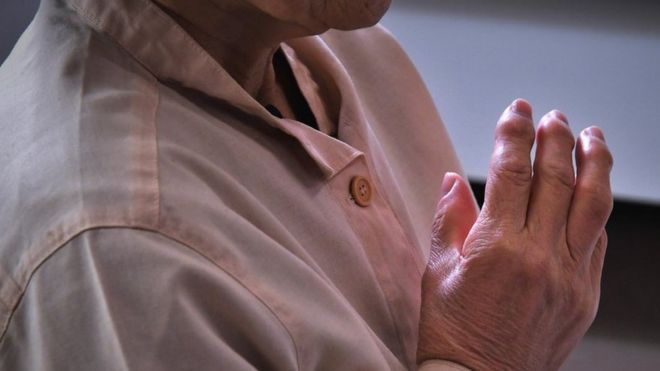
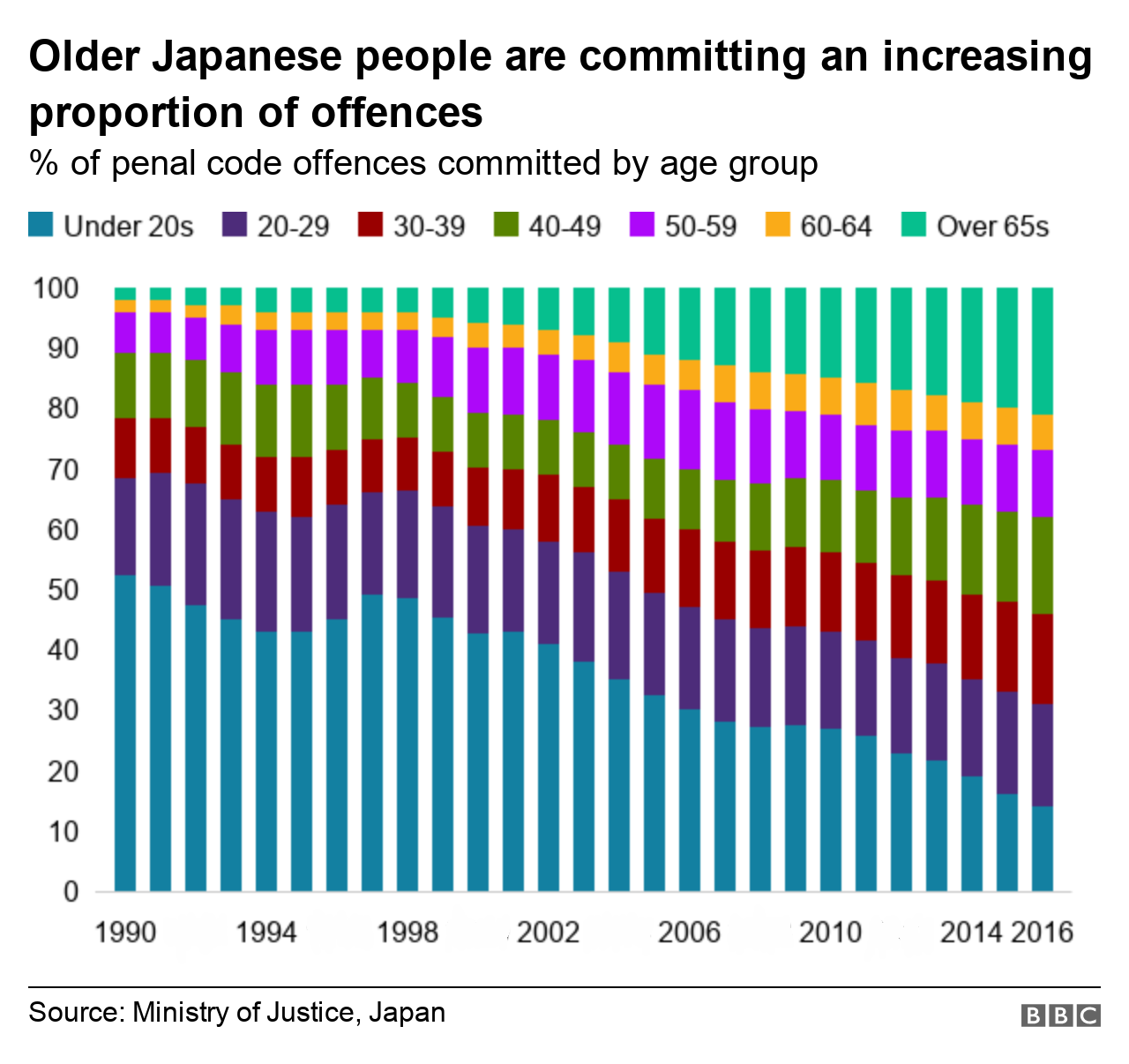
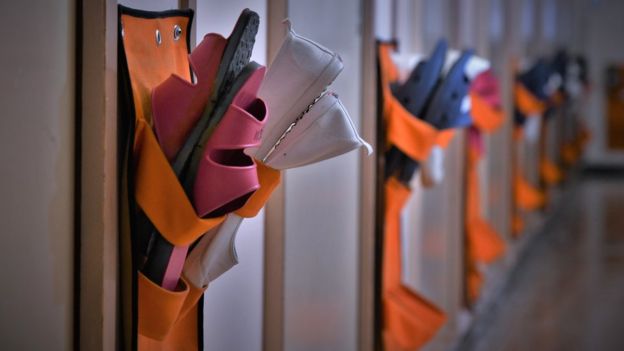

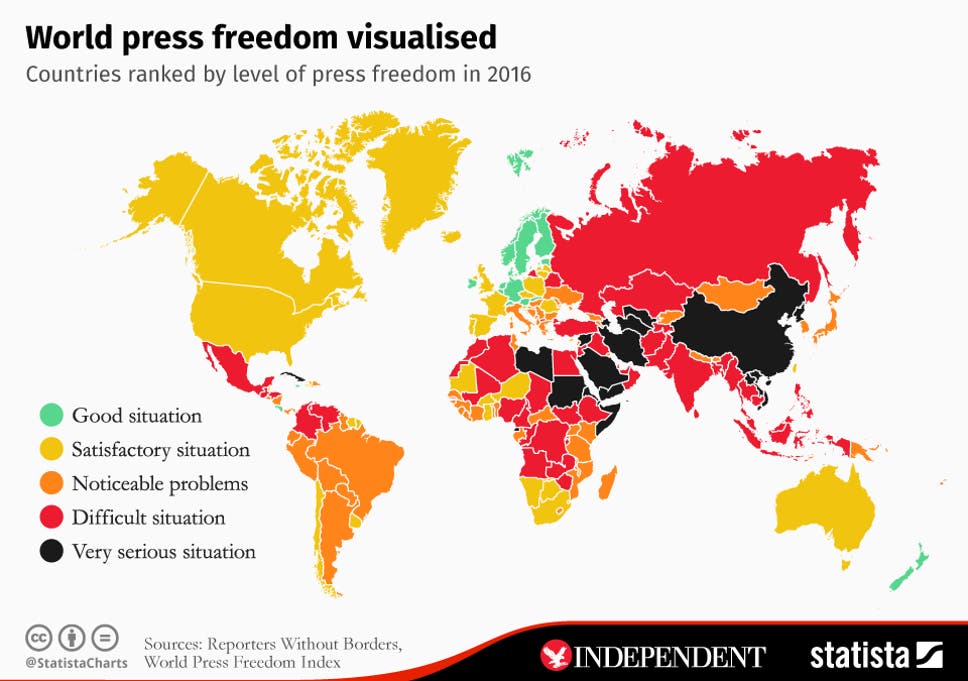
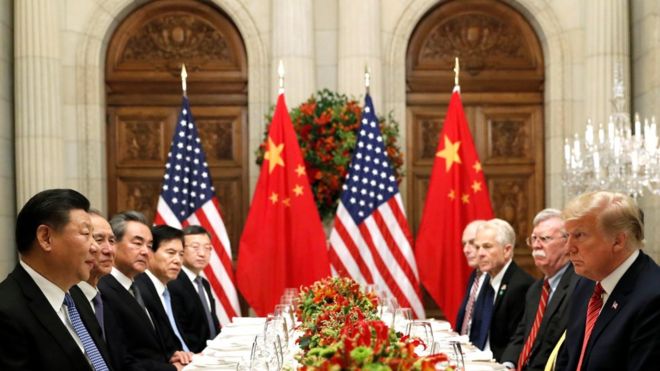
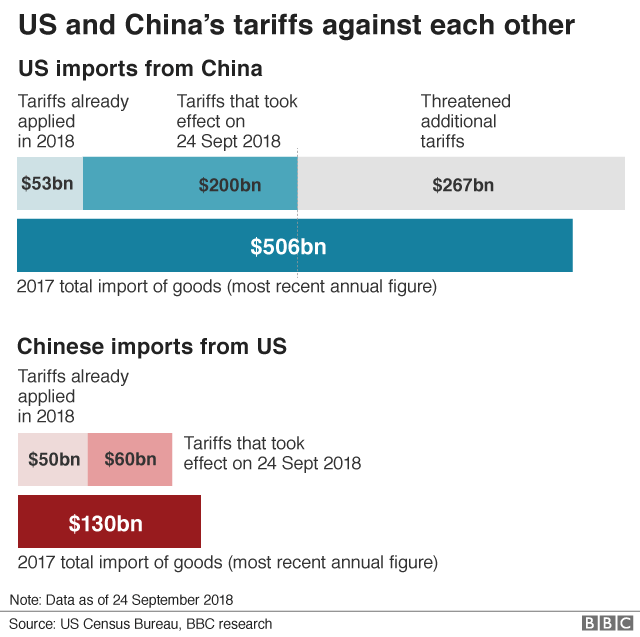

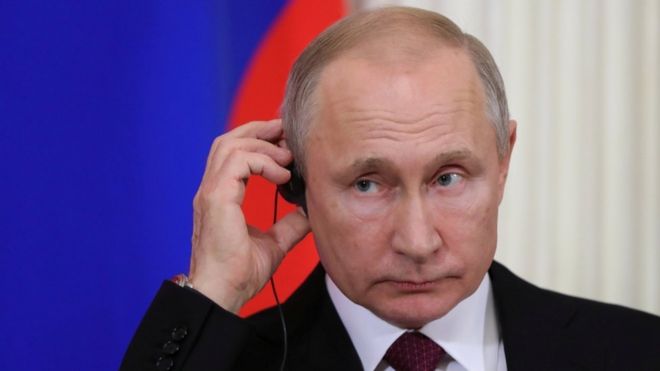
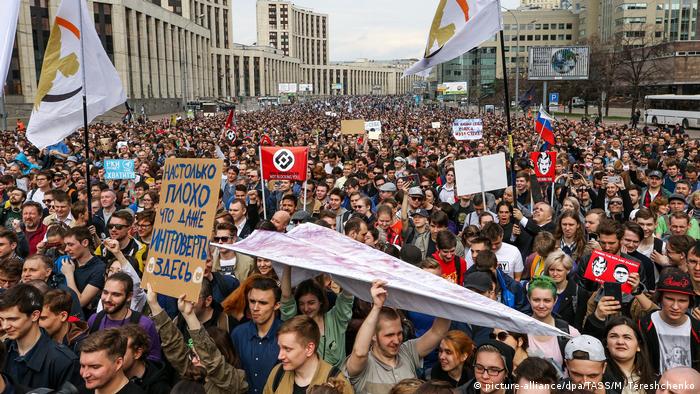

![Yemen food aid to feed millions at risk of rotting: UN Children stand near their hut at a makeshift camp for internally displaced people near Sanaa last month [Khaled Abdullah/Reuters]](https://www.aljazeera.com/mritems/imagecache/mbdxxlarge/mritems/Images/2019/1/29/40f90a20487a4042bdb0345310b5e4c6_18.jpg)



